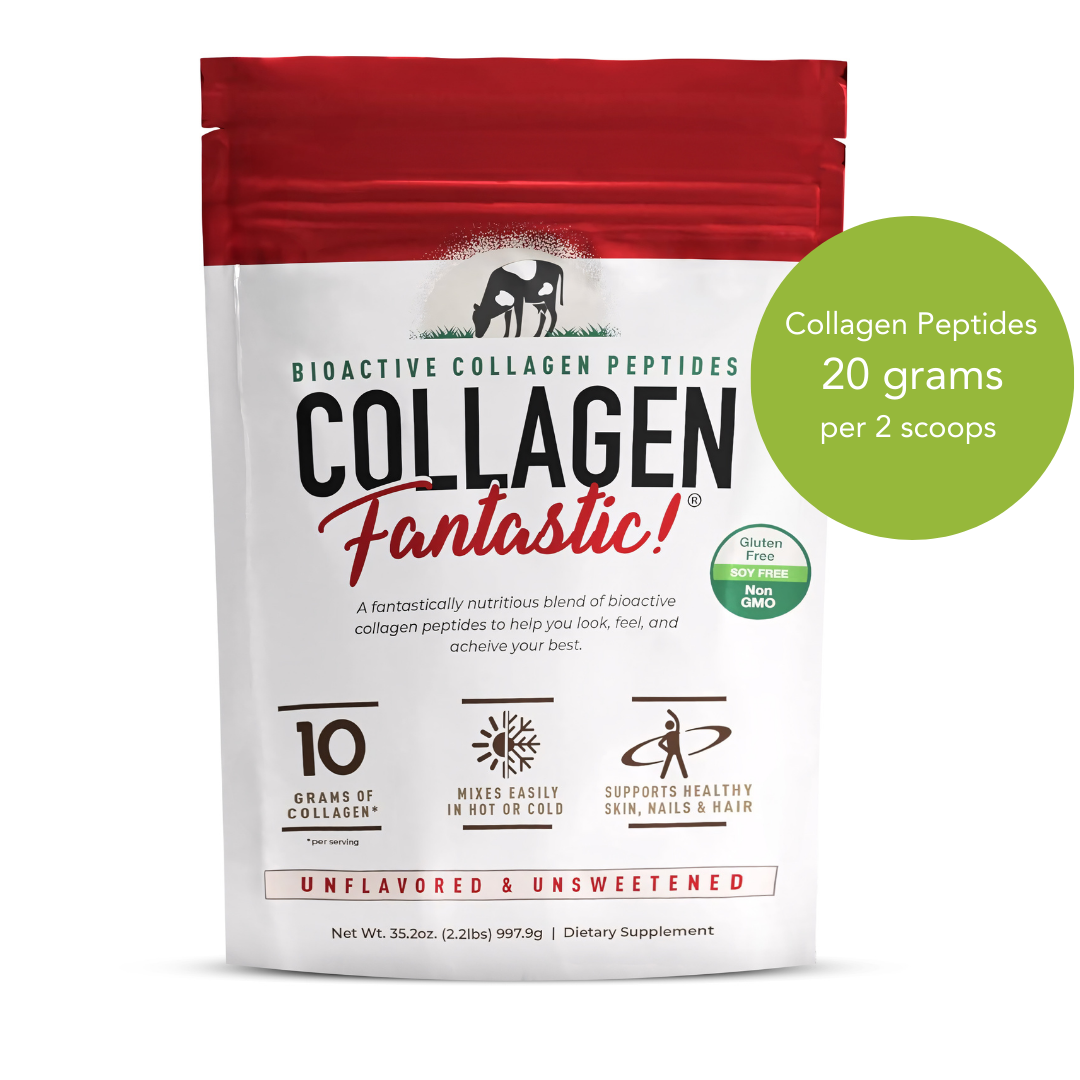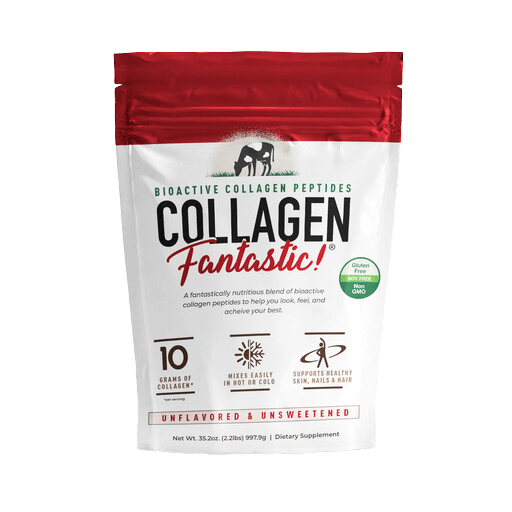Whether you are training for your first 10K or you are a seasoned veteran of marathons and triathlons, repairing muscle fatigue and tissue damage post event is vitally important to recovery and getting back to training. Long-distance endurance activities cause significant muscle fiber damage as anyone who has run a marathon or triathlon can attest. Research now indicates that supplementing with whey protein improves performance, endurance capacity and the rate of recovery from marathon-induced fatigue (injury).
Increasing protein intake as way to build lean muscle and speed recovery has been a common practice among bodybuilders and weight lifters for decades. There is a mountain of science that supports this practice – especially supplementation with Whey Protein. Anecdotal and clinical studies alike have shown the value of consuming whey protein for building lean muscle, improving body composition, and speeding recovery for strength athletes.
In recent study (2017) published in the International Journal of Medical Sciences titled “Whey Protein Improves Marathon-Induced Injury and Exercise Performance in Elite Track Runners”, researchers focused on the beneficial effects of whey protein on aerobic exercise using biochemical and performance assessments. Twelve elite collegiate track runners were randomly assigned to whey and maltodextrin (placebo) groups for 5 weeks of supplementation. Half of the athletes received 33.5g/day of whey protein (n=6) or the placebo within 30 minutes after completion of their daily workout. Athletes continued their normal diet and caloric intake throughout the study. Supplementation started 4 weeks prior to running the marathon and ended at the end-test.
During the 5 week study three test periods were established, pre-marathon, post-marathon, and an end test were used for evaluation through blood sampling, body composition, and an endurance test. The post-test was set 1 day after each athlete ran marathon for injury/fatigue status evaluation while the end test was assessed 1 week later.
Results showed that the whey group recovered faster with lower biochemical indicators for fatigue, higher body weight and significantly better muscle mass (BMI) than the placebo group at post-test and 1 week later at the end test. In the performance test, athletes completed a 12 minute walk/run for distance. Again, the whey group performed significantly better traveling, on average, 210 meters further than the placebo group in 12 minutes.
The study also found that the whey supplementation group showed better individual running performance and a higher endurance capacity after 4 weeks of supplementation. Researchers concluded that whey protein supplementation can play a role in physiological protection and performance elevation with various types of aerobic exercise.
Take advantage of our introductory offer on Whey Fantastic, one of the best whey proteins on the market, use Discount Code "WFBLOG1" during checkout and save 15% on your first Whey Fantastic order.
Keywords: Whey Protein Supplementation, Endurance Training, Endurance Capacity, Aerobic Exercise, Marathon Running, Triathlon, Reduced Fatigue, Improved Performance, Recovery.
References:
- Wen-Ching Hiang, et el., Whey Protein Improves Marathon-Induced Injury and Exercise Performance in Elite Track Runners. Int J Med Sci. 2017; 14(7): 648-654.
- Smith AE, Fukuda DH, Kendall KL, Stout JR. The effects of a pre-workout supplement containing whey protein, caffeine, creatine, and amino acids during three weeks of high-intensity exercise on aerobic and anaerobic performance. J Int Soc Sports Nutr. 2010;7:10.
- Hulmi JJ, Lockwood CM, Stout JR. Effect of protein/essential amino acids and resistance training on skeletal muscle hypertrophy: A case for whey protein. Nutr Metab. (Lond) 2010;7:51.













